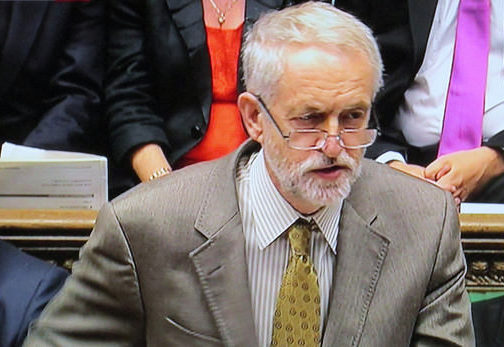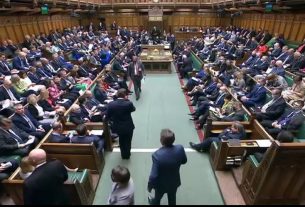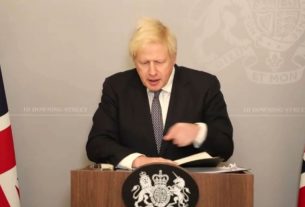She offered an olive branch to leaders of other parties by calling on them to work with her to find a way through the Brexit impasse.
Labour, the Liberal Democrats, the SNP and Plaid Cymru leaders were all offered individual meetings with her in “a constructive spirit.”
She added: “We must find solutions that are negotiable and command sufficient support in this House.”
Corbyn said that before any ‘positive discussions’ could take place the Prime Minister should categorically rule out a hard Brexit.
He added: “The government must remove clearly, once and for all, the prospect of the catastrophe of a no-deal exit from the EU and all the chaos that would come.”
Corbyn’s no confidence motion was supported by all opposition parties but was lost because the Prime Minister was backed by Tory rebels and DUP.
She told the Commons before the vote that a general election – triggered by loss of the confidence vote – was not in the national interest.
Labour deputy leader Tom Watson told MPs: “She is a prime minister without a majority for her flagship policy, with no authority and no plan B.”
He added: “I don’t doubt that (she) has sincerely attempted to fulfil the task given to us by the voters in the referendum.
“I have no doubt too that she has tried her best and given it her all. But she has failed and I am afraid the failure is hers and hers alone.”
Environment Secretary Michael Gove defended the Prime Minister, saying she had provided “inspirational leadership”.
Croydon South MP Chris Philip accused Corbyn of ‘shameless political opportunism,’ but Labour said afterwards that further no-confidence votes could follow.
The Prime Minister insisted that Parliament had decided to put the issue of European Union membership to a public vote and ‘Parliament must finish the job.’
She said extending Article 50, the process for taking the UK out of the EU on March 29, to allow time for an election would mean delaying Brexit.




